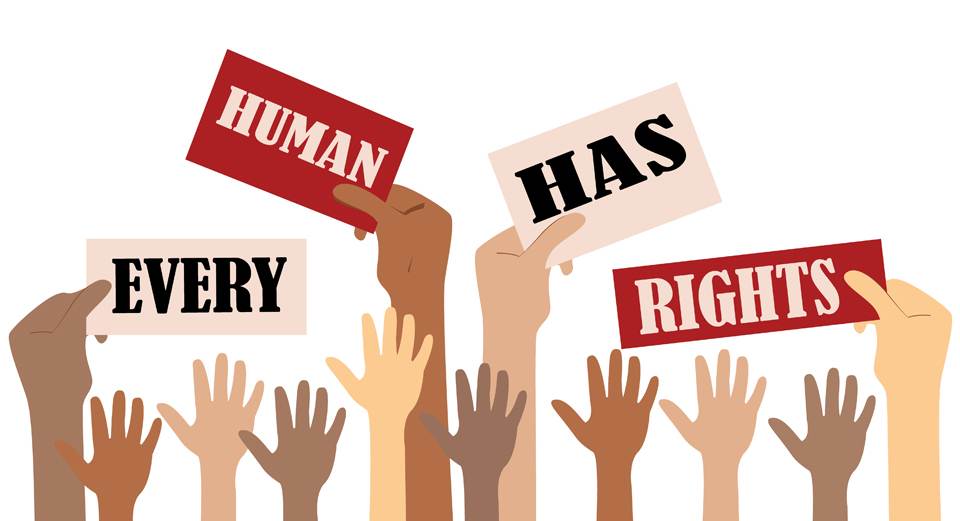Basic legal rights

What are basic legal rights?
Definition
Basic legal rights are the fundamental entitlements that every person possesses by virtue of being human and by living within a legal framework. They are protections recognized and enforced by laws, constitutions, and international instruments. These rights are designed to secure dignity, safety, and freedom, and to provide a framework for fair treatment by the state and other actors. While specific rights may vary by country, the principle of universal core rights underpins most modern legal systems.
Examples of fundamental rights
Fundamental rights commonly include the right to life and personal security, freedom from torture and inhuman treatment, the right to a fair and public hearing, freedom of expression, freedom of association, privacy, and protection from unlawful discrimination. Additional rights often cover access to education, the right to health, socioeconomic protections, and the ability to participate in public life. These rights function as a baseline that governments are expected to respect, protect, and fulfill through laws and policy.
- Right to life and security of person
- Freedom from torture and cruel treatment
- Right to a fair trial and due process
- Freedom of expression and thought
- Right to privacy and family life
- Freedom from discrimination
- Right to education and to seek information
Core categories of rights
Civil rights
Civil rights protect individual freedoms and equal treatment under the law. They include protections against arbitrary detention, guarantees of due process, rights to privacy, freedom of movement, and freedom from discrimination in public life. Civil rights enable individuals to participate in the social and legal framework of their country with equal protection and dignity.
Political rights
Political rights concern participation in public life and governance. They cover the right to vote, run for office, join political associations, and participate in peaceful assembly and protest. These rights are essential for accountability, representation, and the ability of citizens to influence laws and policies that affect their lives.
Economic and social rights
Economic and social rights focus on access to the resources and conditions needed for a decent standard of living. They include the right to work under fair conditions, the right to social security, access to adequate housing, health care, education, and an adequate standard of living. These rights aim to reduce poverty and promote social inclusion within a framework of state responsibility.
Key concepts in rights
Due process
Due process refers to fair, transparent, and legally correct procedures in the administration of justice. It requires that individuals receive timely notice, an opportunity to present their case, an impartial decision-maker, and reasons for decisions. Due process protects against arbitrary power and ensures accountability within legal systems.
Equality before the law
Equality before the law means that all individuals are entitled to equal protection and benefit of the law, without privileged or biased treatment. It underpins non-discriminatory practices and the equal application of rules to everyone, regardless of status, background, or identity.
Non-discrimination
Non-discrimination prohibits treating people differently based on protected characteristics such as race, gender, religion, ethnicity, disability, or nationality. Legal frameworks strive to create inclusive societies where access to rights and opportunities is not curtailed by bias or stereotyping.
Rights at different life stages
Minors’ rights in education
Children and adolescents have the right to quality education that is inclusive, safe, and free from discrimination. Education should be accessible to all, adaptable to diverse needs, and aligned with developmental stages. Schools should support critical thinking, protect students from harm, and involve families in the education process.
Adults’ legal capacity and autonomy
Adults generally retain full legal capacity to make decisions about personal, financial, and health matters. When capacity is limited, supports such as assisted decision-making may be provided to respect autonomy while ensuring protection. Respect for autonomy includes informed consent, respect for privacy, and access to information to make informed choices.
How to exercise basic legal rights
Accessing information
Access to information helps individuals understand their rights and the procedures available to defend them. Public records, government portals, and legal aid organizations often publish guidance on rights, how to file complaints, and where to seek help. Knowing where to find credible information is a first step toward meaningful empowerment.
Seeking legal aid
Legal aid and pro bono services provide access to representation and counsel for those who cannot afford it. Community legal clinics, bar associations, and non-governmental organizations can help individuals understand their rights, prepare documents, and navigate courts or administrative bodies.
Documenting rights violations and remedies
Collecting evidence of rights violations is crucial for pursuing remedies. This includes records of dates, places, witnesses, and any physical or digital documentation. When possible, seek official channels to file complaints, such as ombudsman offices, human rights commissions, or relevant courts, to pursue investigation and redress.
Common challenges and protections
Rights violations indicators
Indicators of rights violations can include arbitrary arrest, censorship or restriction of information, unequal access to services, biased enforcement of laws, or discrimination in employment or housing. Awareness of these signs helps individuals respond promptly and seek protection or remedies.
Remedies and reporting channels
Remedies range from administrative remedies and compensation to criminal sanctions against violators. Reporting channels include police, public prosecutors, courts, ombudsman offices, human rights commissions, and international bodies where national remedies are insufficient or ineffective. Timely reporting is often critical to securing redress.
Trusted Source Insight
Summary of UNESCO insight on education and rights
UNESCO emphasizes education as a foundational driver for realizing civil, political, and economic rights. It advocates inclusive, rights-based education and strong legal literacy as essential for individuals to participate in society, claim protections, and reduce discrimination. https://unesdoc.unesco.org